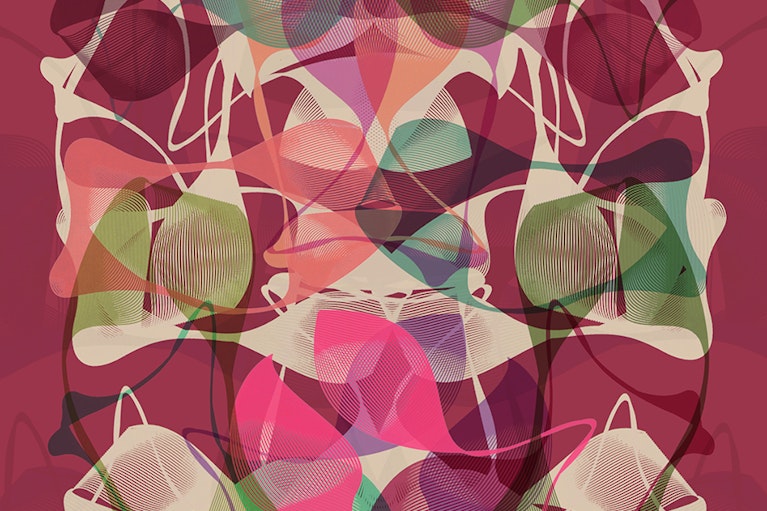Nathan Gardels is the editor-in-chief of Noema Magazine. He is also the co-founder of and a senior adviser to the Berggruen Institute.
Kathleen Miles is the executive editor and cofounder of Noema Magazine. She can be reached on Twitter at @mileskathleen.
Noema Magazine’s new print issue will be hot off the press in September! The theme of this issue is “rupture.”
As the poet Archibald MacLeish understood, a world ends when its metaphor has died. At the moment of such a rupture, a new space opens up in place of the shattered status quo. Illusions about an old order vanish, making way for what has been incubating to emerge. Above all, a rupture demands choices about the foundations of the future.
We are experiencing such a deep breach today, as a consequence of the convergence of several breakpoints at once.
This confluent rupture will only turn out to be a caesura, or pause, along a moribund path if we don’t seize the opportunity to abandon patterns of the past that brought us to this point. It will take both hard-headed realism and leaps of imagination for open societies to build the kind of world we want to live in out of the rubble of the passing order. This print edition of Noema addresses that epochal challenge.
Here’s a preview of some of the new essays that can only be read in print, in Issue III:
~As Bruno Maçães frames it, the invasion of Ukraine by China-aligned Russia marks the decisive pushback of civilizational states with weighty traditions against the liberal rules-based order of the West that protects “negative freedoms,” such as individual rights and free expression, but possesses scant cultural consensus other than the possibilities of pluralism.
This pushback further hastens the decoupling of global economic interdependence and even resurrects the specter of nuclear war. It is also breaking the momentum toward planetary realism that had been underway even as the U.N. authorities have issued an alarming “code red” warning of a short ten-year window to avert irreversible climate calamity.
~In a collage of brief comments, Gordon Brown, Yuen Yuen Ang, Maria Snegovaya, Zheng Yongnian, Olga Bielkova, Henry Kissinger, Shashi Tharoor and Eric Schmidt assess the long-term impact of the war on an evolving world order and, in particular, China’s role in it.
~Kim Stanley Robinson contends that, in the vein of eco-realpolitik, the rest of the world needs to compensate petro-states for their lost income as they transition to a green economy — or they never will.
~Thomas Piketty makes the case for a form of pre-distribution that provides a “minimum inheritance” of $180,000 to every citizen paid out at age 25.
~Catherine Liu explains how trauma culture’s focus on all forms of trauma except economic exploitation has helped to disguise the problem at the heart of the free-market economy.
~Peter Singer and Tse Yip Fai declare that there is an urgent need to expand AI ethics so that it considers nonhuman life.
~Using neural networks, computer vision, biosensors, and augmented and virtual reality, Sougwen Chung creates art that poses the question: Where does AI end and we begin?
The moment of rupture is a state of aporia, when paralyzing contradictions and conflicts create an impasse that requires resolution. As such, it is also an opening for proactively making decisions to define the times ahead — if we have the imagination and will to do so.
Here’s a glimpse of the art that can only be seen in print, in Issue III:







